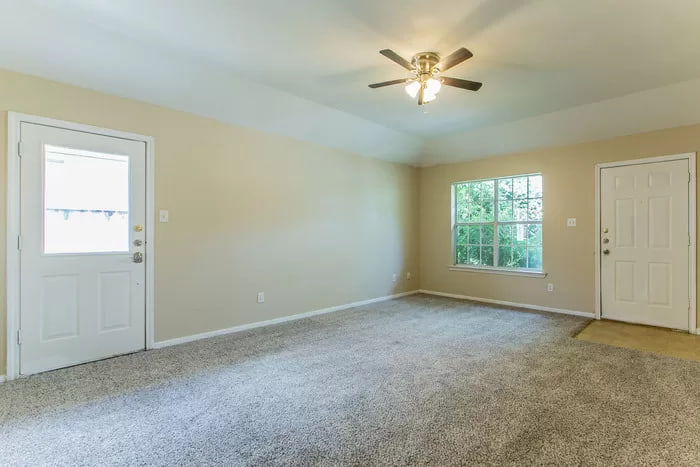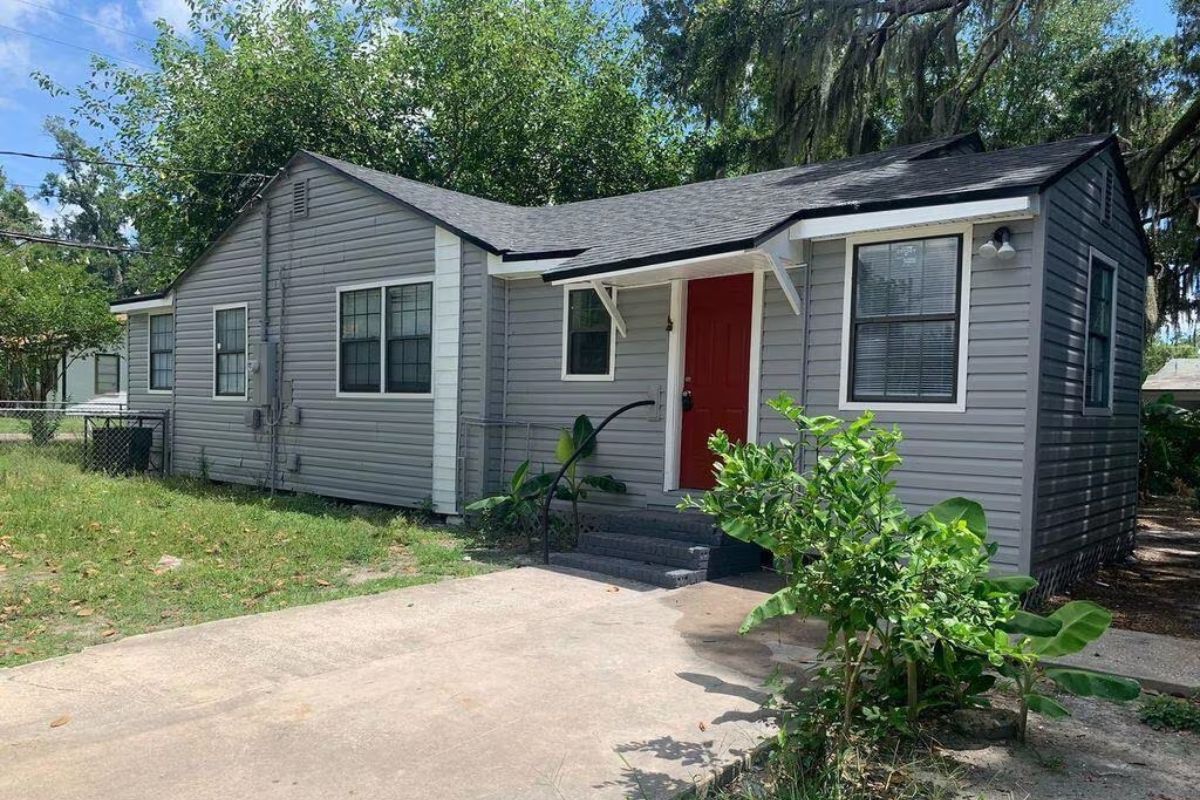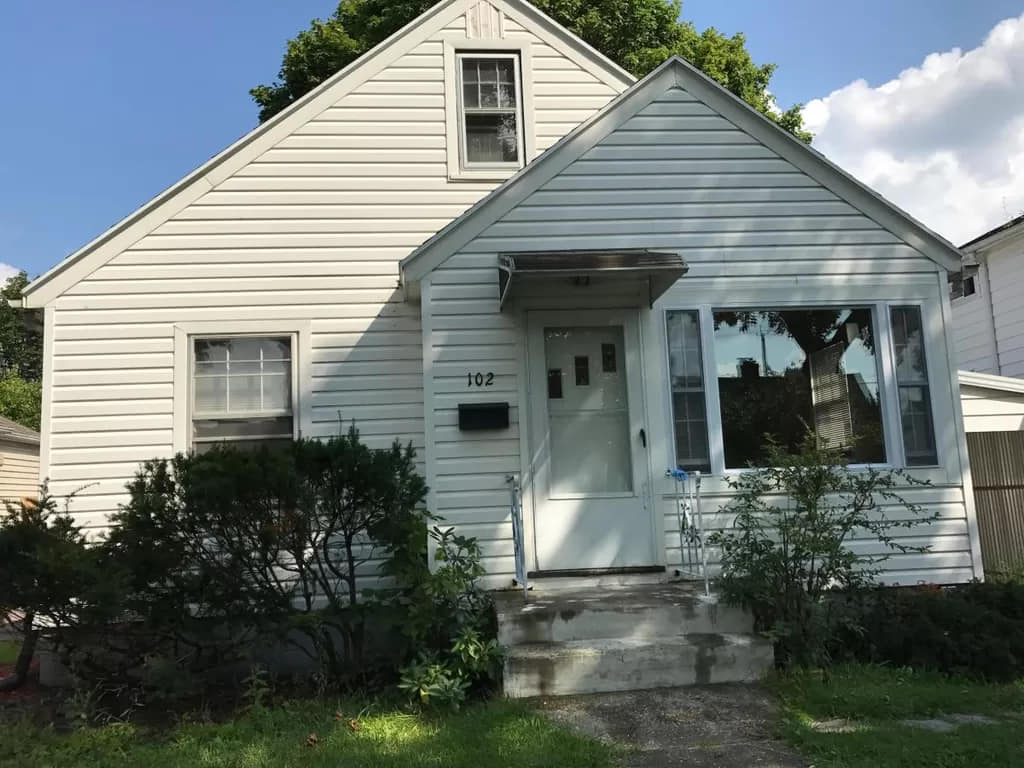Low Income Housing Denver Qualifications is a pressing concern for many individuals and families in Denver who face difficulties in finding affordable housing options. In this article, we will examine the income limits and eligibility requirements for various programs that offer low-income housing options in Denver. We will explore the qualifications for low-income housing in Denver and discuss the challenges and limitations associated with these programs.
Who is in charge of Denver Housing Authority?
The Denver Housing Authority (DHA) is the primary agency responsible for providing affordable housing options in Denver. The DHA is a federally funded agency that operates a variety of housing programs, including public housing, Section 8 vouchers, and Low-Income Housing Tax Credits (LIHTC) properties. These programs are designed to provide safe and affordable housing options for low-income households.
| Percent | 1 Person | 2 Person | 3 Person | 4 Person | 5 Person | 6 Person | 7 Person | 8 Person |
|---|---|---|---|---|---|---|---|---|
| 30% | $26,070 | $29,790 | $33,510 | $37,230 | $40,230 | $43,200 | $46,170 | $49,170 |
| 40% | $34,760 | $39,720 | $44,680 | $49,640 | $53,640 | $57,600 | $61,560 | $65,560 |
| 50% | $43,450 | $49,650 | $55,850 | $62,050 | $67,050 | $72,000 | $76,950 | $81,950 |
| 60% | $52,140 | $59,580 | $67,020 | $74,460 | $80,460 | $86,400 | $92,340 | $98,340 |
| 80% | $69,520 | $79,440 | $89,360 | $99,280 | $107,280 | $115,200 | $123,120 | $131,120 |
(Table Source - Denverhousing.org)
What qualifies as low income in Denver?
To qualify for low-income housing in Denver, applicants must meet certain income limits. These limits are set by the Department of Housing and Urban Development (HUD) and vary depending on the size of the household. For example, a one-person household must have an income at or below 50% of the Area Median Income (AMI), which is currently $43,450 in Denver. A four-person household must have an income at or below $34,760, which is also 50% of the AMI.
In addition to income limits, applicants for low-income housing in Denver must meet other eligibility requirements, including citizenship or legal residency status, background checks, and rental history. Applicants must also demonstrate a need for affordable housing, such as a high rent burden or homelessness.
Low-Income Housing Programs in Denver
One of the most well-known low-income housing programs in Denver is the Section 8 Housing Choice Voucher program. This program provides rental assistance to eligible low-income households, allowing them to choose their own rental units in the private market. To qualify for the Section 8 program, applicants must meet income limits and other eligibility requirements, such as background checks and rental history.
Another low-income housing option in Denver is public housing. Public housing units are owned and operated by the DHA and are rented to eligible low-income households at below-market rates. To qualify for public housing, applicants must meet income limits and other eligibility requirements, such as background checks and rental history.
LIHTC properties are another low-income housing option in Denver. These properties are owned and operated by private developers who receive tax credits in exchange for renting a certain percentage of units to low-income households. To qualify for LIHTC properties, applicants must meet income limits and other eligibility requirements, such as background checks and rental history.
In addition to these programs, there are also nonprofit organizations and community groups that provide affordable housing options in Denver. These organizations may offer rental assistance, transitional housing, or other housing services to low-income households.
What are the challenges of low-income housing programs in Denver?
Low-income housing programs in Denver face multiple challenges and limitations. Firstly, there may be long waiting lists for Section 8 vouchers or public housing units, and Low-Income Housing Tax Credits (LIHTC) properties may not be available in all neighborhoods. Additionally, some households may not qualify for low-income housing programs due to income or eligibility requirements.
Moreover, the cost of housing has doubled in Denver over the last decade, making it increasingly difficult for households to afford housing. This issue is compounded by the worsening housing and homelessness crises, with people at the lowest income levels facing the greatest burden. Prior to 2019, Colorado lacked a sustainable source of funding for affordable housing, leading to insufficient funds to fully meet the housing needs of Colorado households.
Conclusion
In conclusion, low-income housing in Denver is a complex issue that affects many households. Qualifications for low-income housing programs in Denver are based on income limits and other eligibility requirements. While these programs provide valuable assistance to many households, there are also challenges and limitations to these programs. Ongoing efforts to increase affordable housing options in Denver are important to ensure that all residents have access to safe and affordable housing.





